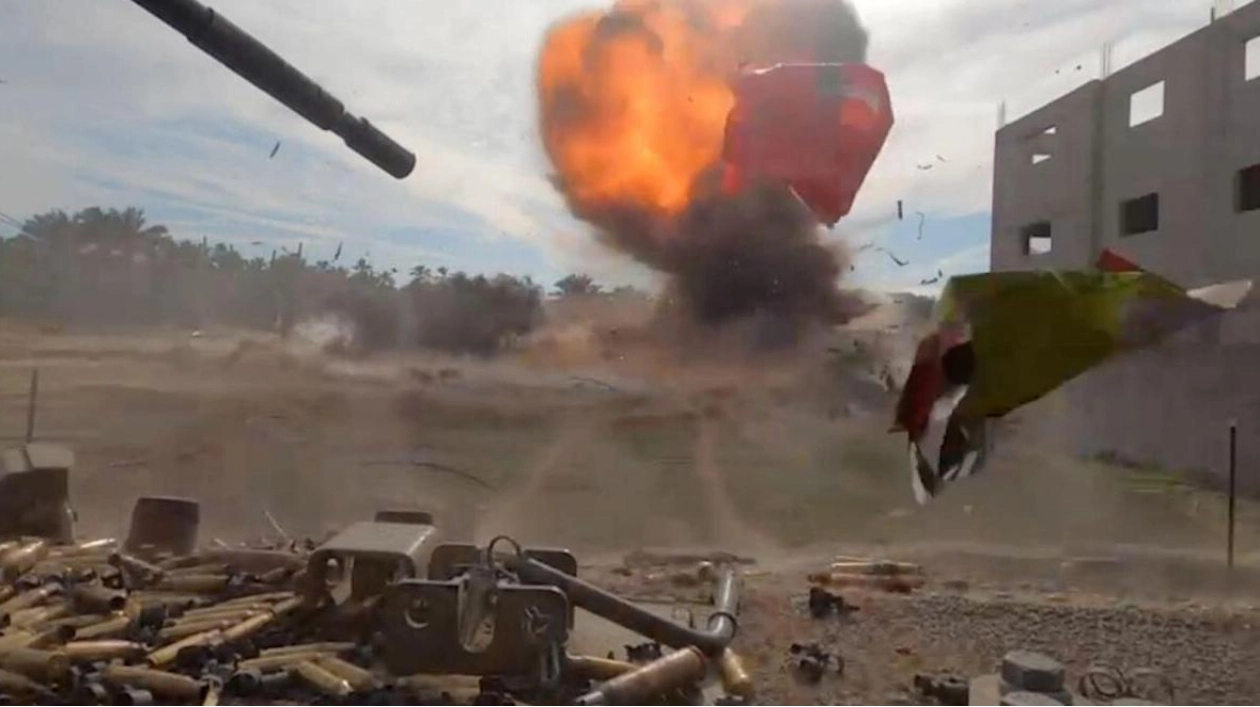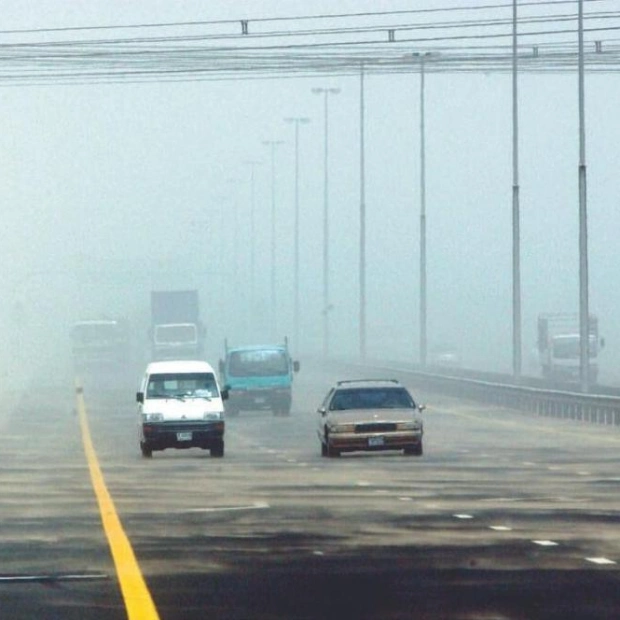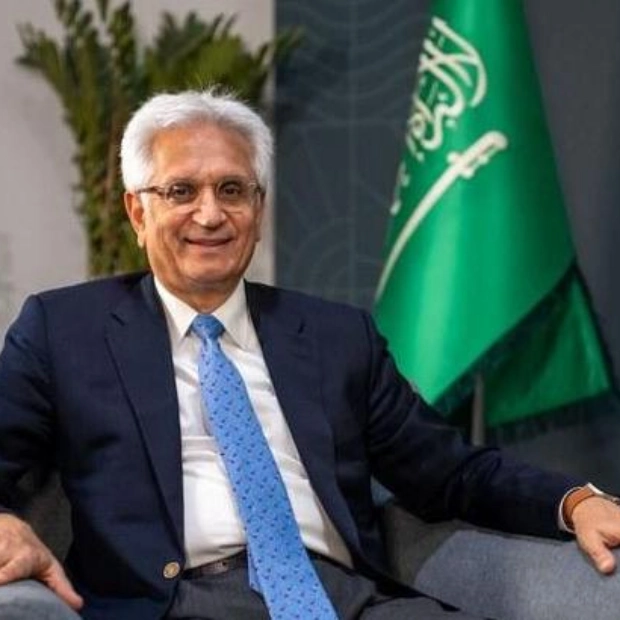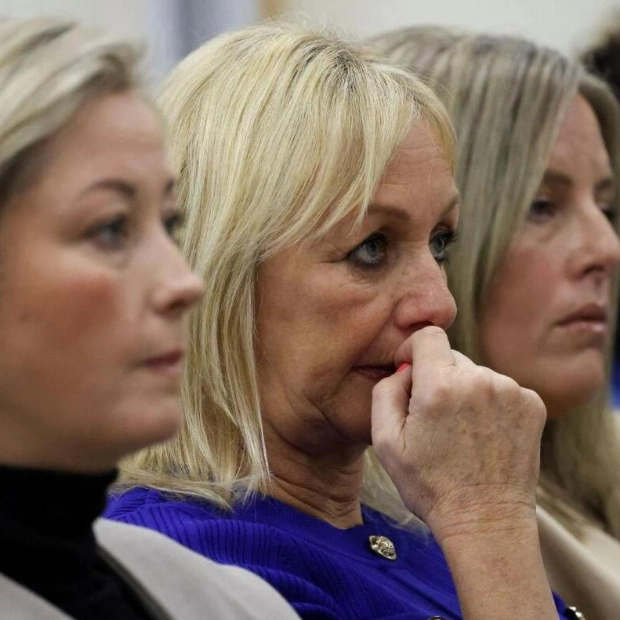A Hamas official announced on Sunday that the group is withdrawing from truce talks in Gaza, following an Israeli strike targeting the militants' commander, Mohammed Deif, who, according to another Hamas figure, emerged unscathed from the attack. The official confirmed to AFP that Commander Mohammed Deif is in good health and is directly overseeing the operations of the Hamas military wing. Israel conducted a massive bombing raid on a refugee camp in southern Gaza on Saturday, claiming it aimed to eliminate Deif.
Another senior Hamas official, amidst the ongoing nine-month conflict with Israel in the Gaza Strip, stated that Hamas is pulling out of ceasefire negotiations due to Israeli 'massacres' and their stance in the talks. The Hamas-run health ministry reported that at least 92 people were killed, including over half women and children, and 300 were injured in the strike on the Al-Mawasi camp. Hamas's political leader in Qatar, Ismail Haniyeh, informed international mediators that negotiations are being halted due to Israel's lack of seriousness, persistent delays, and ongoing attacks on unarmed civilians.
Efforts to broker a ceasefire in the Gaza Strip, mediated by Qatar and Egypt with U.S. support, have been unsuccessful for months. The Al-Mawasi area, declared a safe humanitarian zone by the Israeli military in May, has seen multiple fatalities attributed to Israeli strikes. UNRWA's head, Philippe Lazzarini, criticized the notion that Gaza residents could find safety in such zones, describing Al-Mawasi as a barren, 14-square-kilometer agricultural land with few structures or roads.
Israel claimed to have targeted Deif, the leader of the Al-Qassam Brigades, and Rafa Salama, another brigade commander, in Saturday's strike. However, Israeli Prime Minister Benjamin Netanyahu expressed uncertainty about their deaths. Deif, a long-time target of Israel, is accused of numerous civilian and military killings. He announced the commencement of Hamas's October 7 assault on southern Israel, which ignited the Gaza conflict, and is considered one of the masterminds behind the attack.
In separate incidents on Sunday, at least eight people were killed in three different strikes across Gaza City. The Israeli military continued its operations throughout Gaza, including in Gaza City and Rafah. Hamas's October 7 attack resulted in 1,195 deaths, predominantly civilians, and the capture of 251 hostages, 116 of whom remain in Gaza, including 42 reported dead by the military. Israel's retaliatory offensive has claimed at least 38,443 lives in Gaza, mostly civilians, according to the Gaza health ministry.
The deaths in Al-Mawasi elicited widespread condemnation, with Egypt's foreign ministry denouncing the attacks as unacceptable. The Israeli military defended its strike on Deif, stating it targeted an open area surrounded by trees and buildings, not a tent complex. Hamas dismissed Israel's claim, viewing it as an attempt to downplay the scale of the massacre. Despite earlier indications of progress towards a truce and hostage deal by U.S. President Joe Biden, Hamas official Bassem Naim blamed Netanyahu for the stalled negotiations and urged Biden to exert more pressure to secure a deal.
Hamas has temporarily halted negotiations, but Haniyeh indicated readiness to resume talks if Israel shows genuine intent to reach a ceasefire and prisoner exchange agreement. An Israeli security source, speaking anonymously, confirmed that Israel will continue targeting senior Hamas leaders even while pursuing a hostage agreement.






